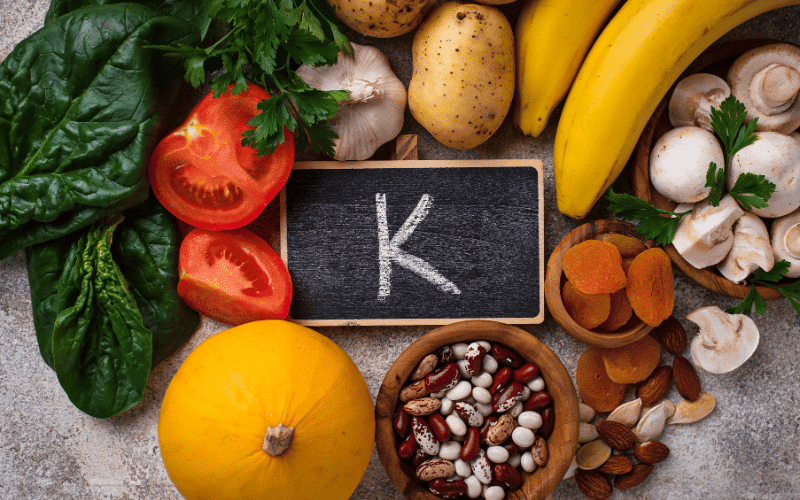5. Potassium-Rich Foods: The Balancing Act for Kidney Health

Potassium is an essential mineral that plays a crucial role in maintaining the proper functioning of the body, including the heart, muscles, and kidneys. However, for individuals with chronic kidney disease, excessive potassium intake can be dangerous as it can lead to hyperkalemia (high potassium levels in the blood), which can be life-threatening.
To maintain a healthy balance of potassium, it is essential to include potassium-rich foods in your diet carefully. Some of them include:
- Bananas: One medium-sized banana contains about 450-500 mg of potassium.
- Sweet potatoes: A medium-sized sweet potato contains about 550 mg of potassium.
- Avocados: Half an avocado contains about 500 mg of potassium.
- Spinach: One cup of cooked spinach contains about 840 mg of potassium.
- Salmon: A 3-ounce serving of salmon contains about 500 mg of potassium.
- Yogurt: One cup of plain yogurt contains about 550 mg of potassium.
- Tomatoes: One medium-sized tomato contains about 300 mg of potassium.
- Lentils: One cup of cooked lentils contains about 730 mg of potassium.
Individuals with chronic kidney disease must be mindful of their potassium intake and consult with their healthcare provider or a registered dietitian before making any changes to their diet. Incorporating potassium-rich foods into your diet can help ensure that you are getting an adequate amount of this essential mineral.
Always consult your healthcare provider before making significant changes to your potassium intake. (5)